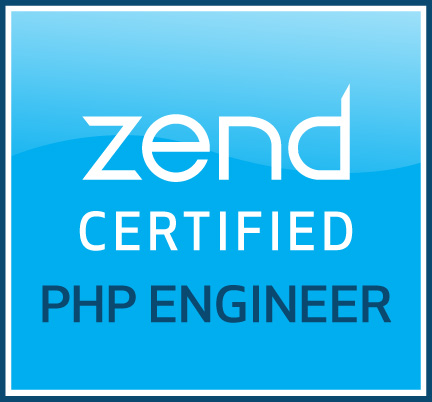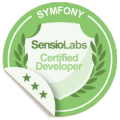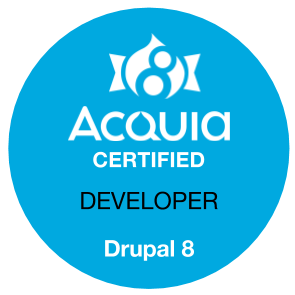The goal of this talk is to educate developers on common security vulnerabilities, how they are exploited, and how to protect against them. We'll explore several of the OWASP Top 10 attack vectors like SQL injection, XSS, CSRF, session hijacking, and insecure direct object references. Each topic will be approached from the perspective of an attacker to see how these vulnerabilities are detected and exploited using several realistic examples.
Recent Activity
This talk educates developers on common security vulnerabilities, how they are exploited, and how to protect against them. We will explore several of the OWASP top 10 attack vectors, such as SQL injection, XSS, CSRF, and session hijacking. Each topic will be approached from the perspective of an attacker to learn how these vulnerabilities are detected and exploited using several realistic examples. We will then apply this knowledge to learn how web applications can be secured against such vulnerabilities.
Markdown is one of the most popular markup languages on the Web. Unfortunately, with no standard specification, every implementation works differently, producing varying results across different platforms. The CommonMark specification fixes this by providing an unambiguous syntax specification and a comprehensive suite of tests. Attendees will learn about this standard and how to integrate the league/commonmark parser into their applications. We will also cover how to add new custom features.
league/commonmark is a well-written, super-configurable Markdown parser for PHP based on the CommonMark spec. In this lightning talk, we’ll introduce the CommonMark spec, discuss why it’s important, and demonstrate how the league/commonmark project can be used and extended for your own PHP projects.
In this episode I discuss PHP 7 and my PHP 7 Upgrade Guide e-book.
Installing PHP 7.0 is easier than ever. Here are instructions for installing the latest version on different platforms:
PHP 5.x Conflicts
gulp-eol-enforce is a simple Gulp plugin which tests the line endings of files. For example, if you prefer Linux-style line endings, this plugin will throw an error if any files contain Windows line endings. This is particularly useful when used as a pre-commit hook.
With the imminent release of PHP 7 on the horizon, I thought it would be cool to check out some of the lesser-known features coming with the 7.0.0 release:
1. Array constants in define()
PHP 5.6 added the ability to define array constants on classes by using the const keyword:
const LUCKY_NUMBERS = [4, 8, 15, 16, 23, 42];
PHP 7 brings this same functionality to the define() function:
This post demonstrates how Blackfire was used to identify slowness in the league/commonmark parser. These findings were then used to implement two simple optimizations resulting in a 53% performance boost!
Software bugs are inevitable; some are especially difficult to track down, causing you to waste countless hours before throwing your hands up in defeat. It doesn't have to be this way! The mental fatigue and wasted time can be avoided by using strategies like identifying the most-appropriate tool, taking a logical & objective approach, challenging assumptions, listening to variables, isolating the code path, and reinforcing code with automated tests.





